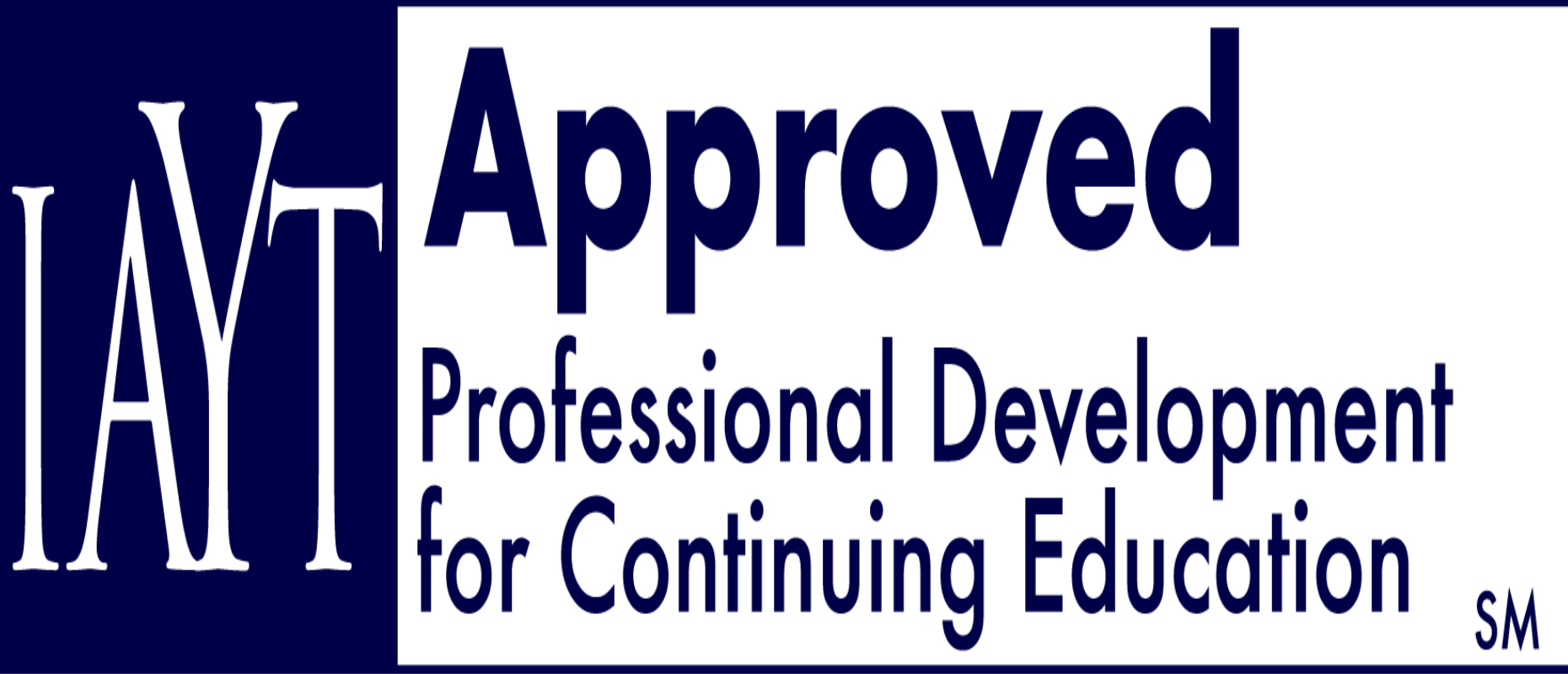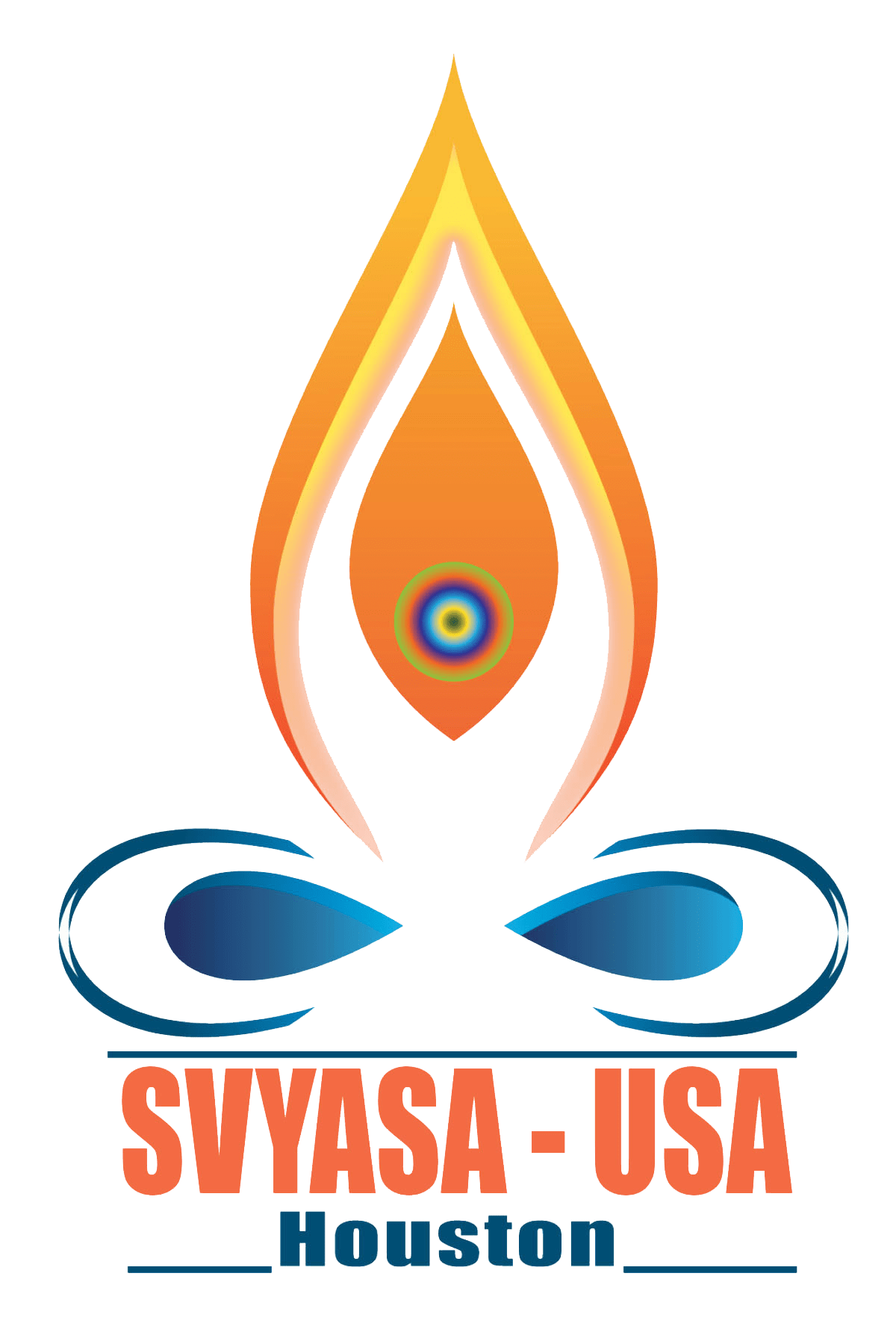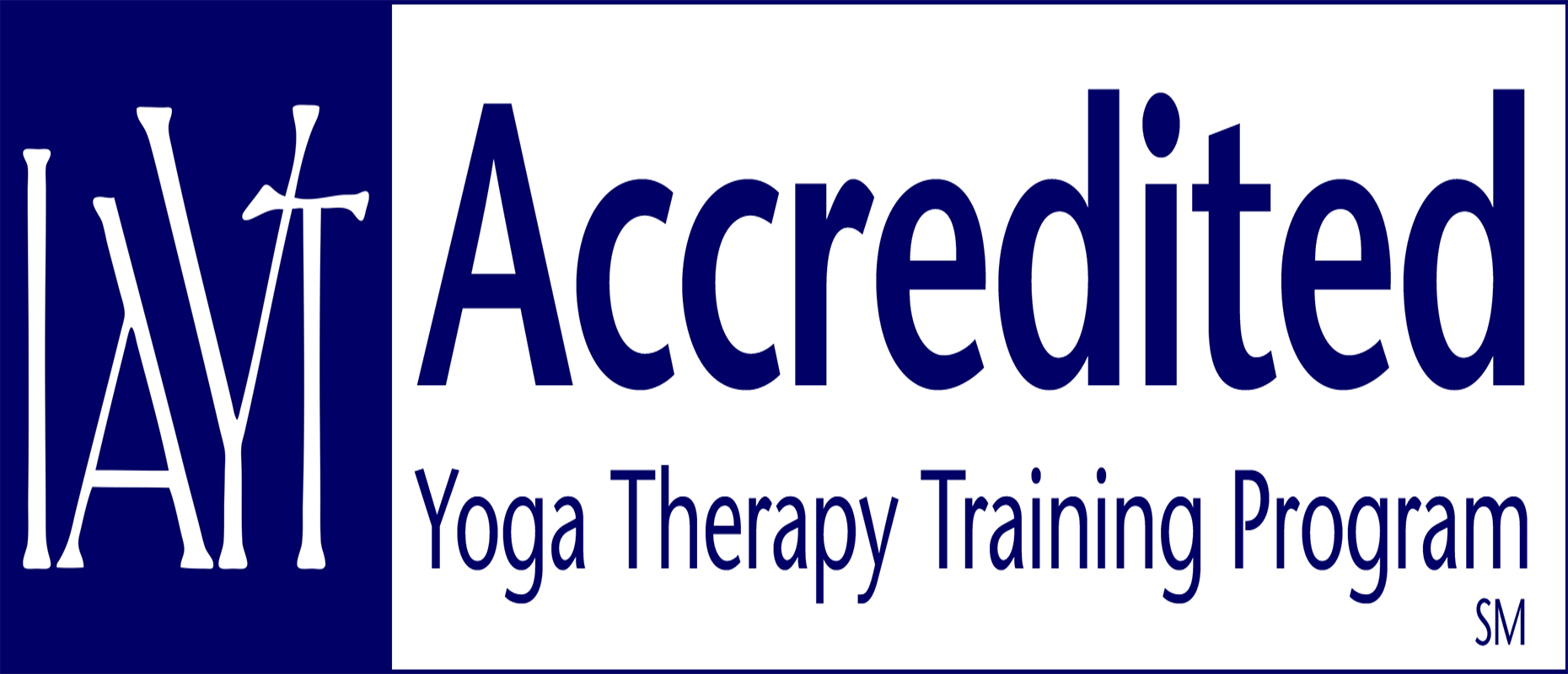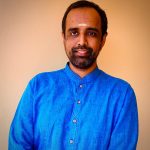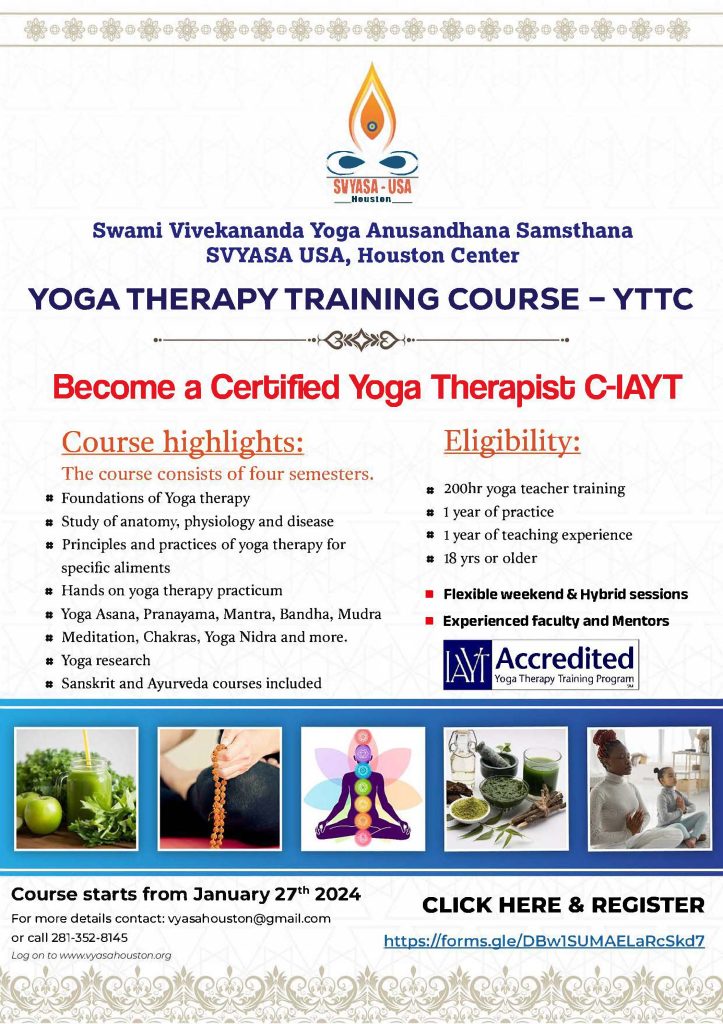Yoga Therapy Training Course (YTTC)
Elevate Your Career: From Yoga Teacher to Yoga Therapist with a Yoga Therapy Certification
Embark on your journey to becoming a certified yoga therapist with the world’s foremost yoga organization and the pioneer of yoga education – SVYASA. We are thrilled to introduce our comprehensive 1000-hour Yoga Therapy Training Certification program, a first of its kind, in the vibrant city of Houston.
Course Objective: Our program is designed to equip experienced yoga teachers with the knowledge and skills necessary to effectively apply yoga as a therapeutic tool for various common ailments. Graduates of our rigorous training will be well-prepared to integrate yoga therapy into alternative therapy settings or establish their own practices to serve their communities.
Course Structure: The course will take 2 to 4 years to complete, depending upon your time and commitment. Our Yoga Therapy Training Course is structured into four semesters of coursework, followed by two or more semesters of practical training. Each semester spans approximately 4 to 5 months, commencing with the fundamentals of yoga therapy and progressing to specific ailment-focused therapy. The fall semester runs from August to December, while the spring semester spans from January/February to May. During the summer break, students engaged in practicum hours may continue to see clients at their discretion.
Admissions Requirements and Procedures: At VYASA-USA, Houston Center, we welcome students and teachers from all yoga lineages into our extended family. To be eligible for our Therapist Training program, candidates must fulfill the following prerequisites:
- Completion of a minimum of 200 hours covering the fundamentals of yoga practice and philosophy.
- A minimum of one year of personal practice and teaching experience.
The application process includes:
- Submission of a complete application.
- CV/Resume
- Personal statement/statement of purpose.
- Two reference letters.
- An interview.
- Copy of your 200-hour certification.
- Copy of your ID/driver’s license.
- A written test.
We strongly encourage you to attend our open house event, where you can have many of your questions answered in person. If you require further information or have specific inquiries, please do not hesitate to contact us at vyasayogatherapy@gmail.com.
Begin your transformative journey towards becoming a certified yoga therapist with SVYASA today!
Program Format/Curriculum
The Yoga Therapy Training Program is structured into four segments, each of which commences with a foundational Yoga Therapy immersion course followed by individual workshops and courses. Our teaching methods include three weekend Yoga Therapy Foundation Immersion sessions, where you immerse yourself in the fundamentals of Yoga Therapy practices while experiencing a supportive community of fellow students, teachers, and mentors. Subsequently, specific disease or topic-focused weekend workshop courses are offered. Each session encompasses lectures, clinically focused yoga practices, case demonstrations, small group collaboration, and guided independent study. Special sessions featuring faculty from Bangalore, India, involve webinars and/or telephone conferences scheduled between training sessions. Each course includes assignments and assessments monitored by your course teacher, with 2-3 weekend workshops occurring per month. Session spacing allows time for material integration through personal practice, home study assignments, mentorship phone calls, conference calls with faculty, and hands-on work with Yoga Therapy clients.
Duration of the Course: The course spans 2 to 4 years, contingent upon your availability and commitment. Comprising four segments, each segment has a duration of 4-6 months, with dates announced at the beginning of each segment. Students are encouraged to attend residential retreats, each lasting 3 days, during each semester.
Semester 1: The first semester of the program is dedicated to establishing a strong foundation for yoga therapy. It covers essential aspects such as the philosophical underpinnings with a study of Panchakosa, Yoga Vasistha, and Patanjali Yoga Sutras. Additionally, students delve into the foundations of Anatomy and Physiology to comprehend the human body’s systems and their significance in yoga therapy. Practical skills in yoga therapy tools and techniques, including asanas, pranayama, relaxation methods, and meditation, are emphasized. Moreover, the semester explores the history of Mind-Body medicine and psychoneuroimmunology, offering a comprehensive understanding of the mind-body connection.
Semester 2: In the second semester, the program continues to build on the foundational knowledge. It revisits the Patanjali Yoga Sutras and introduces the Bhagavad Gita as part of the ongoing exploration of yoga philosophy. Students further their understanding of Anatomy and Physiology and its direct relevance to yoga therapy. Yoga Psychology becomes a focal point, with an emphasis on the interplay between yoga and mental health. The curriculum also includes the study of Holistic Nutrition within the context of yoga therapy. Practical training in yoga therapy tools and techniques, including asanas, pranayama, relaxation techniques, and meditation, continues to be a vital component of the semester.
Semester 3: In the third semester, students delve into Yoga Therapy Integration and Advanced Techniques. Building on the foundations of yoga, this semester explores Hatha Yoga Pradeepika, Vedas, and Upanishads, providing a deeper philosophical understanding. Ayurveda, the ancient system of medicine, is introduced to complement yoga therapy knowledge. The semester emphasizes the refinement of yoga techniques, including advanced asana variations, pranayama practices, and meditation techniques. Additionally, students prepare for their practicum by gaining skills in Basic Sanskrit and learning the fundamentals of client assessment, intake recording, and evaluation tools. Specific disease-focused modules cover yoga therapy across the cancer care continuum, rheumatic and autoimmune diseases, cardiovascular health, diabetes, mental health, and metabolic disorders.
Semester 4: The fourth semester focuses on Therapeutic Skills and Case Studies. Students continue their preparation for the practicum by honing intake recording, assessment techniques, and client evaluation tools. The semester explores the determinants of social health and emphasizes the development of therapeutic relationships and effective communication with clients. This includes listening skills, motivational interviewing, and the creation of group yoga therapy modules. Ethical considerations, legal aspects, and professional standards in yoga practice are addressed in Yoga Therapy Ethics and Professionalism. Students also gain insights into the business and marketing aspects of establishing a yoga therapy practice. Disease-specific modules cover pulmonary disorders, musculoskeletal disorders, women’s health, and pain management. Additionally, students learn about research methods in yoga therapy, equipping them with the ability to understand and evaluate research in this field.
Semester 5 & 6: Practicum
Practicum and Training: For the Practicum, each student has to work with a minimum of 10 patients treated by the student under the guidance of their Mentor and faculty.
By the end of the course, each student will have to complete a total of 235 hours of Yoga Therapy practicum.
- 150 hours of Yoga Therapy practicum delivery (documented work with individual clients and/or Yoga Therapy groups)
- 55 hours of practicum documentation and 30 mentorship hours for a total of 235 hours for clinical practicum. These hours may include final project work.
Tuition:
Tuition is paid by the semester. An early Bird discount is available.
- Session 1: $3250 ($2999 early bird)
- Session 2: $3250 ($2999 early bird)
- Session 3: $3250 ($2999 early bird)
- Session 4: $3250 ($2999 early bird)
- Practicum per semester: $1500 ($1250 early bird)
Retreats: We provide an in-person retreat each semester to facilitate enhanced hands-on learning. While tuition is covered, students are responsible for boarding and lodging expenses during the retreat.
Requirements for certification:
- Successful completion of practicum and training as mentioned above.
- Must pay all the dues before the examination.
- Satisfactory attendance throughout the four semesters.
- Successful completion of exams.
For questions, email vyasahouston@gmail.com
